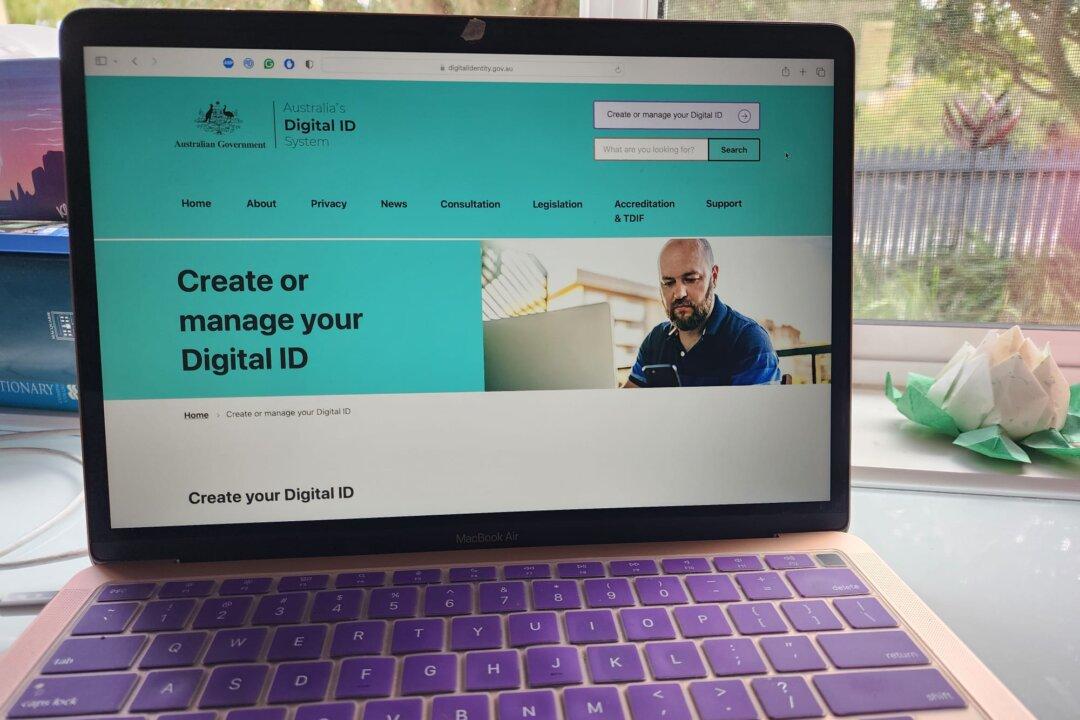The centre-left Albanese government will allocate $288.1 million in the upcoming federal budget for the roll-out of the national digital ID.
Finance Minister Katy Gallagher argued that the expansion of digital ID was aimed at cracking down on identity theft by cutting down the amount of personal data being stored by third parties.




